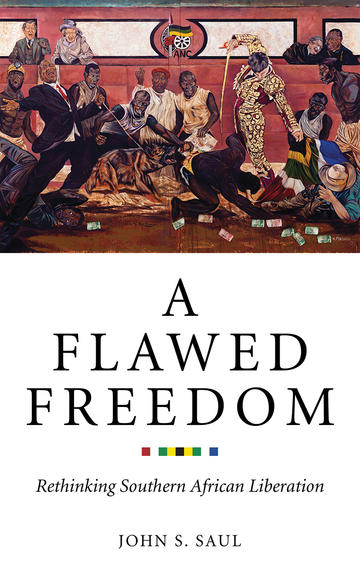Twenty years on from the fall of apartheid in South Africa, veteran analyst and activist John S. Saul explores the liberation struggle, placing it in a regional and global context. Saul looks at how initial optimism has given way to a sense of crisis following soaring inequality levels and the massacre of workers at Marikana.
With chapters on South Africa, Tanzania, and Mozambique, Saul investigates the reality of southern Africa’s post-“liberation” plight, drawing on the insights of Frantz Fanon and Amilcar Cabral, and assessing claims that a new “precariat” has emerged.
Saul examines the ongoing “rebellion of the poor,” which has shaken the region and may signal the possibility of a new and more hopeful future.
John S. Saul is a fellow of the Royal Society of Canada and was awarded a Lifetime Achievement Award in 2011 by the Canadian Association of African Studies for his writing and lecturing on South Africa.
“Saul’s greatest contribution has been sharing ideas, criticizing and giving advice - reminding us that we should base our ideology on the concrete realities of our country and people, not on ready-made manuals…that we should always ensure the participation of the people in decision-making, and make socialism not just a slogan but a real objective. “
“This book covers a great deal of ground in an accessible and lively fashion. Concisely and tightly argued, it is a powerful rebuff to ‘Afropessimists’ and neoliberals alike.”
“Saul’s writing is as much the fruit of many decades of struggle and commitment to the cause of the working class in Africa as it is of careful scholarly work. Both as a scholar and as an activist he has taught and inspired many revolutionaries, myself included, and has been part of bold practical efforts to go beyond capitalism.”
“Saul combines in his person much of what is best about the international political culture of the left. “



